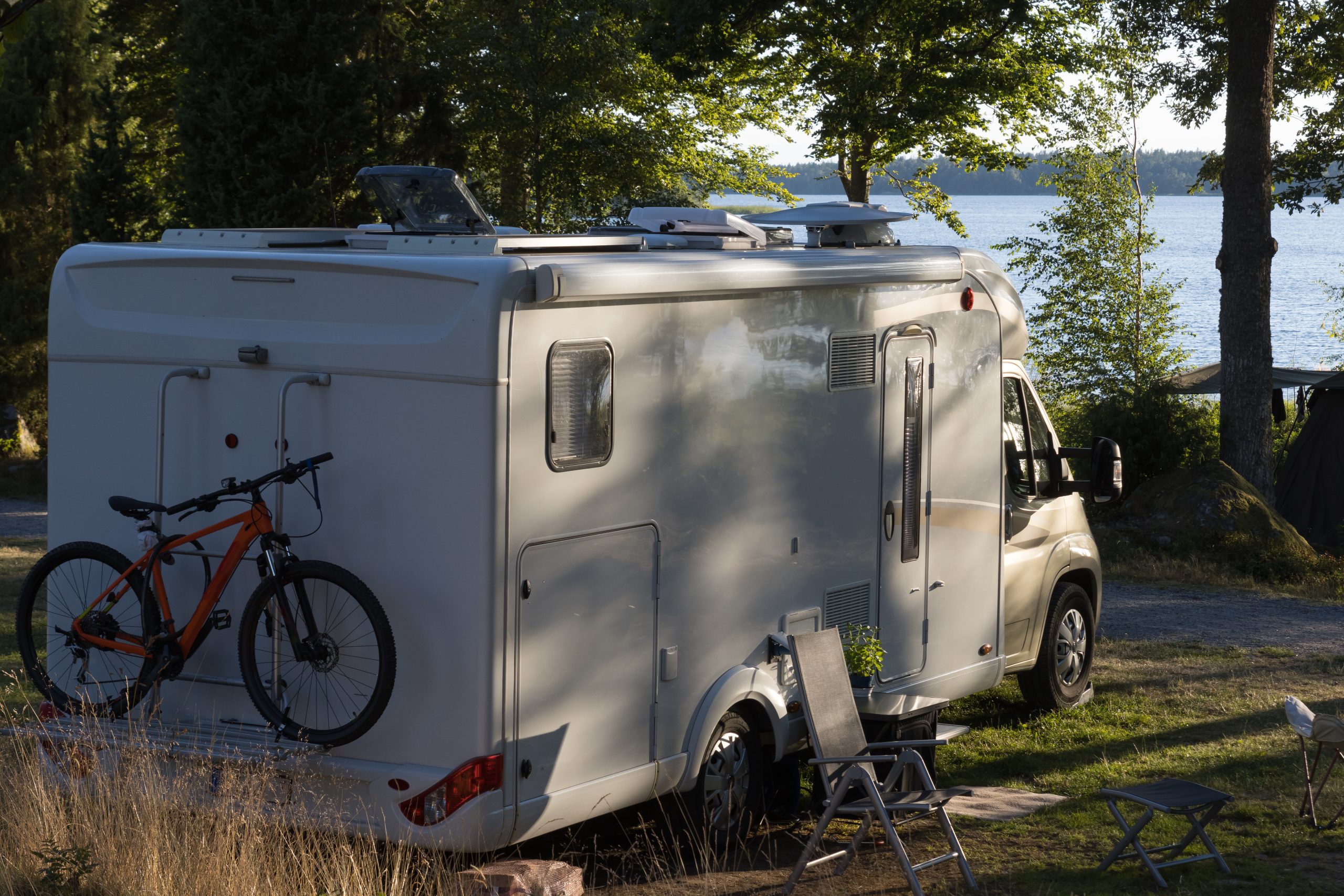If it feels like catalytic converter theft is everywhere these days, you’re not imagining things. The numbers speak for themselves: thefts rose 326% in 2020 and another 353% in 2021. It’s one of the fastest-growing crimes tied to vehicles in the U.S.—and RVs aren’t immune. Many owners are now asking the same question: will insurance cover catalytic converter theft?
In this guide, we’ll break down what catalytic converters are, why thieves want them, which vehicles are most at risk, how you can protect your RV or tow vehicle, and what to do if it happens to you.
What Is a Catalytic Converter?
A catalytic converter is part of your vehicle’s exhaust system that helps reduce harmful emissions. Inside, precious metals like platinum, rhodium, and palladium act as catalysts, transforming toxic gases such as carbon monoxide and nitrogen oxides into less harmful substances before they exit your tailpipe.
If your RV, truck, or car was built after 1975, it almost certainly has a catalytic converter. And because these metals are valuable, the part itself has become a major target for theft.
Why Are Thieves Targeting Them?
There are two big reasons:
- High Value of Metals – Platinum, rhodium, and palladium prices skyrocketed in 2020 when global mining slowed during the pandemic. Even small amounts are worth hundreds, making catalytic converters a quick payday.
- Ease of Theft – Thieves can slide under a parked vehicle and saw off a catalytic converter in just a few minutes, often without anyone noticing.
Which Vehicles Are Most at Risk?
Not every car or RV is equally vulnerable. Thieves often target:
- Trucks & RVs – Higher ground clearance makes it easier to access the exhaust. Larger engines also require larger converters, which means more valuable materials. Ford F-Series trucks and RVs built on similar chassis are common targets.
- Hybrids – Models like the Toyota Prius have converters with higher concentrations of precious metals, making them especially attractive.
- Luxury Vehicles – Some have multiple converters, and replacement costs can exceed $3,000 per unit.
How to Protect Your RV or Vehicle
While no method is foolproof, these steps can make your vehicle less appealing to thieves:
- Park Smart – Use garages, well-lit areas, or park close to walls/fences to reduce access underneath your RV or tow vehicle.
- Install Anti-Theft Shields – Metal plates or cages that cover the converter can cost $250–$500 but provide a strong deterrent.
- Mark or Paint It – Etching your VIN or painting the converter a bright color makes resale harder and increases the chance of recovery.
- Consider Motion Sensors or Alarms – Some devices detect vibrations near your exhaust system and trigger an alarm.
Replacement Costs & Insurance Coverage
If your catalytic converter is stolen, replacement can run $800 to $2,500—and much more for luxury or specialty vehicles.
Here’s what you should know about insurance:
- Comprehensive Coverage Required – Theft of parts is usually covered under comprehensive insurance, not liability-only policies.
- Deductibles Apply – If your deductible is close to the cost of replacement, filing a claim may not make sense financially.
- Future Rates – Claims can raise your premiums, so weigh your options carefully.
Final Thoughts for RV Owners
Catalytic converter theft is a growing risk for all drivers, but RV owners face unique challenges, as many RVs sit unused for extended periods—prime opportunities for thieves. Knowing the answer to will insurance cover catalytic converter theft can help you prepare financially and choose the right protection.
At Happy Camper Insurance, we specialize in RV coverage that goes beyond the basics. Whether you’re concerned about theft, accidents, or unexpected breakdowns, our team can guide you through your options and ensure you’re fully protected.Contact Happy Camper Insurance today to compare policies and see why we’re one of the best RV insurance companies for peace of mind on the road.


